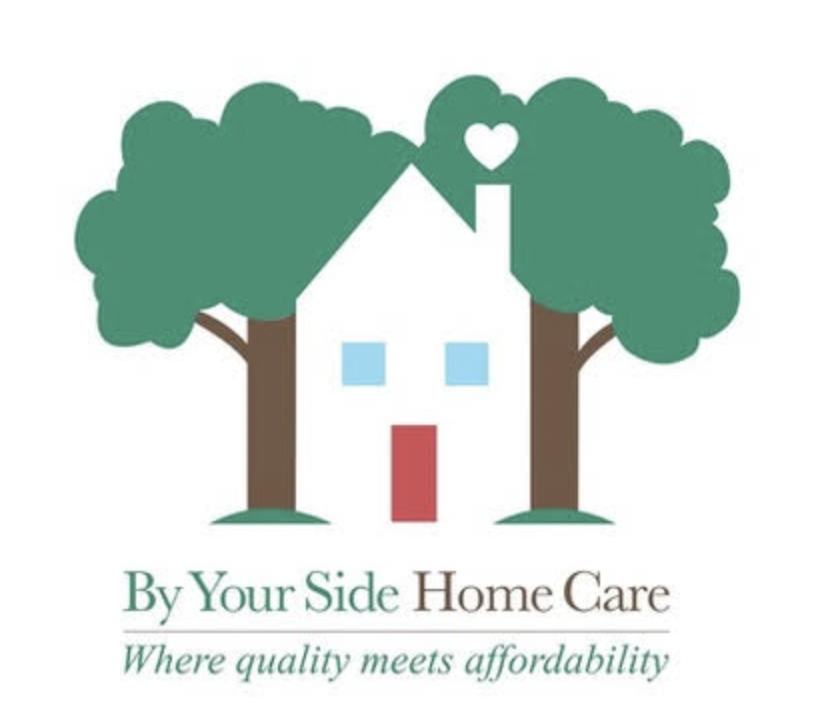Age-related Macular Degeneration is Leading Cause of Vision Loss
Today age-related macular degeneration, more than glaucoma and cataracts, is a leading cause of vision loss in adults that are 60 years of age and older. Learning to live with low vision can be frustrating and frightening to your loved one. Read on for more information about helping your loved one cope with vision loss.
What is Age-Related Macular Degeneration (AMD)?
AMD damages a part of the retina called the macula. This causes gradual loss of the central vision and limits the ability to see fine details even when looking at something close-up. For example, when looking at a clock your loved one might be able to see the numbers but not the hands. They may also see straight lines as being bent or crooked.
To diagnose AMD a complete dilated eye exam is needed. For this reason, it is very important to schedule an appointment with their eye doctor once a year to be examined and to plan what treatment might be needed.
As vision loss from AMD advances you may find your loved one requires more assistance in their day-to-day activities. The vision loss could also cause increased depression or stress from the loss of their independence. Here are some important steps to help your loved one cope with the changes in their vision.
Make improvements at home for safety. Be sure rooms and pathways are clutter-free. Adjust the lighting so that inside and outside the home is brighter without any dark areas. Buy an e-reader that supports larger print.
Organize family and friends for help in running errands, transporting them to appointments, preparing meals, bill paying, and other tasks.
Help your loved one adopt a healthy lifestyle. Encourage them to stay active with exercise and eat healthy foods especially ones that contain carotenoids that can help support the eye health; sweet potatoes, cantaloupe, spinach, and corn for example. Quitting smoking, losing weight, and watching their blood pressure are other good habits to encourage.
Sit down and have a serious conversation about how clear their vision is for safe driving. This could be a tough transition as giving up driving can be a significant loss of their independence.
Search for support from local low vision resource centers, like Lions Club International that can help people living with AMD with occupational therapy and devices for low vision. Also, BrightFocus Foundation, Macular Degeneration Foundation, and the National Eye Institute are just a few of the national AMD groups that can provide you with additional education and resources.
If you find you need added support, please contact By Your Side and let us work with you to help your loved one adjust to this change in their life.

